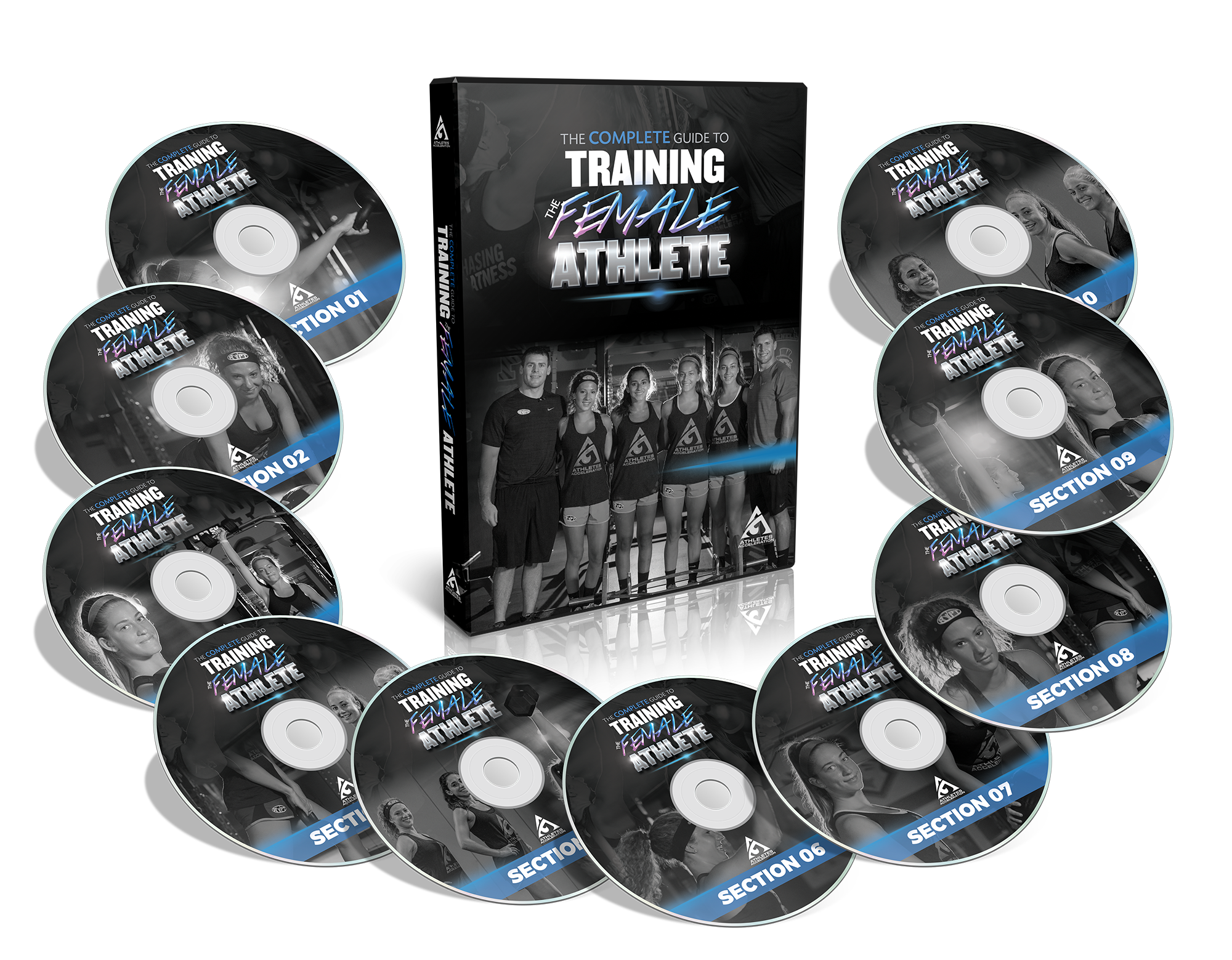Healthy Habit #1:
An Introduction to Eating Every 2-3 Hours
Adam Feit ISSA-SPN “The Practical Nutritionist
It doesn’t matter what magazine you’re reading at the grocery store or which research journal you’re subscribing too, any lifestyle of eating, or “diet” refers to utilizing this no-nonsense approach to healthy living. As our lives have become filled with more to-do lists and the weekends appear to be shorter and shorter, we have made excuses for our bad eating habits. We have lowered the bar of performance and general nutrition to suit OUR standards of happiness and practicality. At one point or another, we’ve all heard and probably said any one of the following statements:
1) I don’t have any time.
2) It’s too much work.
3) I’m just not hungry.
4) I feel like I’m eating too much.
5) I can’t do it because of (fill in the blank).
But yet, we continue to buy the latest and greatest supplement promising us to give us ripped abs, increased stamina and less love handles. We hop on the newest dietary revolution book (recommended by our friends in the talk-show business) or we get suckered into the “highly customer satisfied” products on the late night shopping channel. I know I’m not the first person to say this, but let me just remind all of you once again: If there was one product, supplement or way of eating that promised all of us better performance, decreased body-fat and any other highly-sought after claim, we would ALL be buying it, consuming it or purchasing it. But why are there over $5.8 billion dollars a year spent these products? Truth be told, the “holy grail” of weight management and athletic performance doesn’t exist. The only way to a healthier lifestyle and improved performance is through what our mentors have drilled into our heads all these years; a proper diet and exercise regimen. And it doesn’t matter which book you read or what your buddy tells you at the gym, one of the cornerstones of a performance diet is eating every 2-3 hours.
A well-respected coach and presenter Alwyn Cosgrove refers to total body training as a prescription. He says “you wouldn’t take an entire bottle of Advil on Monday to relieve pain all week, would you? You would take smaller doses at more regular intervals throughout the week.” Applied to training, it make sense to add more stimulus throughout your week to the same body-part (or movement) in order to gain more muscle and lose fat. Why would we want to only train a muscle (or movement) once per week? Makes sense doesn’t it?
Now, can we apply this same principle to eating for performance? Absolutely. We wouldn’t want to eat all of our protein, carbohydrates and healthy fats in one or two meals for the whole entire day, would we? Chances are, we would be too full to finish our meal and it would leave us feeling sluggish, grumpy and starving for other parts of the day. But yet, that’s exactly what we do. We forget to eat breakfast, which automatically keeps us in a muscle burning state. Then we head to the office and reach for a very caloric-dense candy bar and wash it down with sugar-loaded soda or coffee. We order take-out for lunch and then head home for the feast that rewards us for a job well done! Trouble is, despite the “lack of food” we eat all day, our scale weight gets heavier and heavier.
Before embarking on any lifestyle eating change, we must remember to take care of the basics. Strength and conditioning coaches often tell each other that they can get any athlete bigger, faster and stronger, but if they can’t play their sport, they will only be left as a bigger, faster, and stronger athlete sitting on the bench. Before we lay the shingles down on our roof, we must be sure to lay the foundation, and that starts with eating every 2-3 hours.
In the next nutrition note, I’ll explain exactly why we need to eat every 2-3 hours, whether we are trying to gain muscle, lose fat or both. I’ll also discuss a few strategies that can make this “unbearable and impossible” task of eating every 2-3 hours more practical and easier on the both the mind and the wallet.







